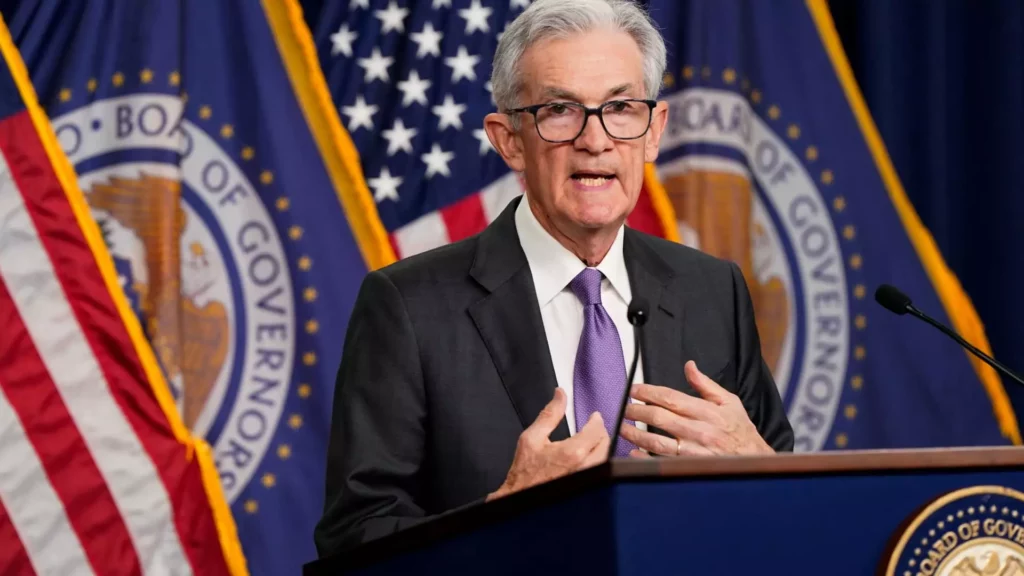![]()
Federal Reserve officials voiced their apprehensions about the sluggish movement of inflation during their March meeting, despite the anticipation of interest rate cuts later in the year. The Federal Open Market Committee maintained the short-term borrowing rates at a steady pace, but expressed doubts about the pace of inflation easing, which was not showing significant improvement.
The members of the FOMC decided to retain the statement indicating that interest rates would not be reduced until they were more confident about inflation gradually reaching the central bank’s 2% target. The meeting minutes revealed that participants were uncertain about the persistence of high inflation and were not convinced that recent data indicated a sustainable decrease towards the desired rate.
During the meeting, there was a thorough discussion on inflation, with officials highlighting geopolitical turmoil and rising energy prices as factors that could potentially elevate inflation further. They also acknowledged the possibility that looser policies might contribute to inflationary pressures. On the downside, concerns were raised about a balanced labor market, advanced technology, economic slowdown in China, and a deteriorating commercial real estate sector.
Moreover, the officials deliberated on the higher-than-expected inflation readings in January and February. Chair Jerome Powell suggested that these figures might be influenced by seasonal factors, although the actual cause was uncertain. Some members disagreed, emphasizing that the recent inflation spikes were broad-based and should not be dismissed as statistical anomalies.
Following the release of the consumer price index, which exceeded market expectations with a 12-month rate of 3.5% in March, traders adjusted their predictions in the fed funds futures market. The revised market pricing now indicates that the first rate cut might occur in September, contrary to earlier expectations of a reduction in June. This shift aligns with the discussions at the meeting where most participants considered moving towards a less restrictive monetary policy later in the year.
Additionally, officials deliberated on the possibility of ending the balance sheet reduction process. The Fed had previously reduced its holdings of Treasurys and mortgage-backed securities by allowing a certain amount of proceeds from maturing bonds to roll off each month. While no definitive decisions were made, it was suggested that the pace of the roll-off would be halved, and the process would commence shortly. Market economists anticipate the initiation of this process within the next few months.
The concerns expressed by Federal Reserve officials regarding inflation highlight the complexities and uncertainties surrounding monetary policy decisions. While the discussions at the March meeting indicated a willingness to adopt a more accommodative stance if economic conditions warranted, the unpredictability of inflation and other global economic factors present challenges in formulating effective policies. The evolving nature of inflation and the ongoing review of balance sheet reduction processes underscore the intricate nature of managing monetary policy in a dynamic economic environment.

Leave a Reply